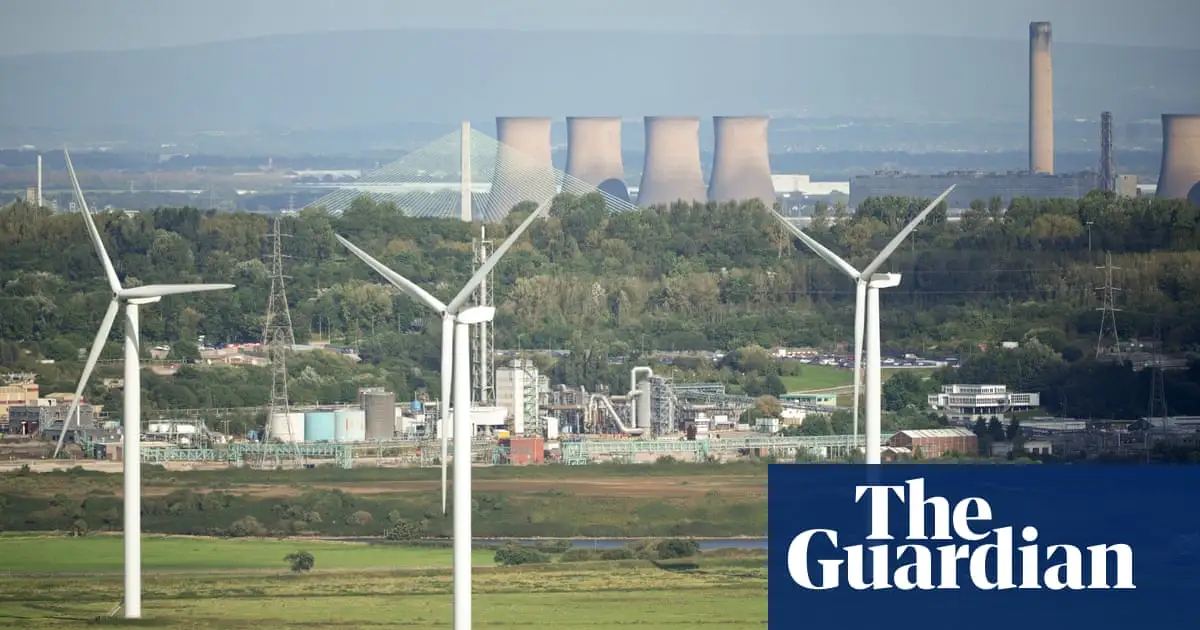UK use of gas and coal for electricity at lowest since 1957, figures show
UK use of gas and coal for electricity at lowest since 1957, figures show

UK use of gas and coal for electricity at lowest since 1957, figures show

The amount of electricity generated by the UK’s gas and coal power plants fell by 20% last year, with consumption of fossil fuels at its lowest level since 1957.
Not since Harold Macmillan was the UK prime minister and the Beatles’ John Lennon and Paul McCartney met for the first time has the UK used less coal and gas.
The UK’s gas power plants last year generated 31% of the UK’s electricity, or 98 terawatt hours (TWh), according to a report by the industry journal Carbon Brief, while the UK’s last remaining coal plant produced enough electricity to meet just 1% of the UK’s power demand or 4TWh.
Fossil fuels were squeezed out of the electricity system by a surge in renewable energy generation combined with higher electricity imports from France and Norway and a long-term trend of falling demand.